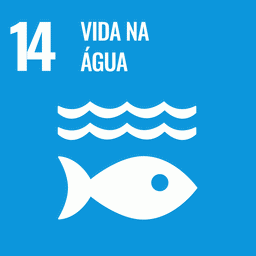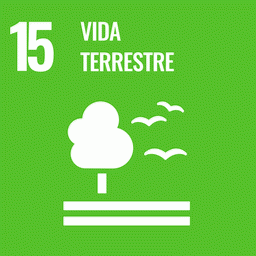The expansion of the Amazonian agricultural frontier represents the most extensive land cover change in the world, detrimentally affecting stream ecosystems which collectively harbor the greatest diversity of freshwater fish on the planet. Our goal was to test the hypotheses that deforestation affects the abundance, richness, and taxonomic structure of headwater stream fish assemblages in the Upper Xingu River Basin, in Southeastern Amazonia. Standardized sampling surveys in replicated first order streams demonstrated that deforestation strongly influences fish assemblage structure. Deforested stream reaches had twice the fish abundance than reference stream reaches in primary forests. These differences in assemblage structure were largely driven by increases in the abundance of a handful of species, as no influence of deforestation on species richness was observed. Stream canopy cover was the strongest predictor of assemblage structure, possibly by a combination of direct and indirect effects on the provision of forest detritus, food resources, channel morphology, and micro-climate regulation. Given the dynamic nature of change in land cover and use in the region, this article is an important contribution to the understanding of the effects of deforestation on Amazonian stream fish, and their conservation.
Role of Brazilian Amazon protected areas in climate change mitigation
Protected areas (PAs) now shelter 54% of the remaining forests of the Brazilian Amazon and contain 56% of its forest carbon. However, the role of these PAs in reducing carbon fluxes to the atmosphere from deforestation and their associated costs are still...

